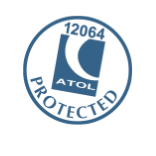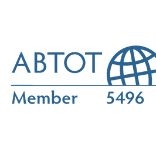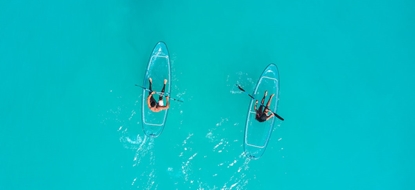Our Mission
 Scroll to content
Scroll to content
Sustainable Travel
From the outset of founding Reefscape Travel, one of our first conversations was around sustainability. How can we continue to send our clients to the far corners of the globe, experiencing world class diving, whilst still supporting the values most important to us? How can we avoid simply paying lip service to social and environmental responsibility? Greenwashing and tick boxing is sadly all too common in our industry, so we have made a pledge to ensure we are making a difference.

Our mission
Our mission is to create unique diving holidays which benefit the environment, local people and create a lasting impression on our clients, so that they feel a connection to the destinations they visit and in turn wish to contribute to this positive impact.
Scuba divers are constantly confronted with the issues facing our marine environment from coral bleaching through climate change, to the ocean plastics crisis and poaching of marine megafauna. Every visit to a diving destination reminds us that we can do more to preserve these rich ecosystems, and we feel passionately that it is our job to steer our clients to the right places, doing the right things when it comes to sustainability.
Sustainability in travel is a complex tapestry made up of many threads: carbon offsetting and removal, wildlife and marine conservation projects, community programmes and education. It is the responsibility of Reefscape Travel, our partners on the ground and our clients to do better for our planet, our wildlife and our people. Sustainable travel is constantly evolving; we are constantly educating ourselves and we strive to champion sustainability in travel throughout every itinerary we create and with every fibre of our business.

Ocean stewards programme, Soneva Fushi, Maldives

Turtle Conservation Programme, Thanda Island, Tanzania

Sea Grass Conservation project, Maldives Underwater Initiative, Six Senses Laamu
our partners
For us, sustainability starts on the ground. Working with lodges, boats and resorts who make a positive impact on their environment and community is crucial. We aim to work only with those who uphold the values of sustainable and ethical travel, going the extra mile to make a positive impact locally. This includes hiring and training local staff, fundamental to sustainable tourism.
We recognise that our role is crucial in sending people who can really make a difference to the areas that need it the most. Education comes in many forms, whether that is educating ourselves on environmental issues and solutions, educating local communities to embrace the positive changes and truly value tourism and the preservation of their environment, or educating our clients as to why they should pick a particular resort and how they can do their bit to support the communities and environments they treasure most whilst travelling.
When visiting our suppliers around the world, we always seek out the sustainability managers or scientists to inform and update us on their sustainable practices and initiatives. We take time to understand what they are doing and what they have planned for the future, so we can make sure we are steering our clients in the right direction.
Our marine Biologist and founder, Louisa, tells us more about a conversation with Adam Tholhath, sustainability manager at Six Senses Laamu, on a recent visit to the island:
Louisa, marine biologist and Reefscape founderHaving visited the island several times over the last seven years, I was interested to learn why Six Senses Laamu’s house reef has recovered so much better from bleaching events than other islands in the Maldives. Adam hypothesised that it could be because the fisheries are carefully managed by Blue Marine Foundation in the Laamu atoll as part of the Maldives Underwater Initiative (MUI). There is a very fine balance between fisheries and coral reefs: when a coral reef dies, if there is a healthy population of reef fish, they will graze on the algae that settles in the place of coral which might otherwise prevent corals from recolonising. A poignant example of the delicate balance within a marine ecosystem and how marine conservation initiatives work. Having conversations with those such as Adam working on the ground in conservation is essential in selecting the right partners for sustainable travel.
Watch this space
At Reefscape Travel, sustainable practices are a daily conversation, and we are continually striving for the gold standard of how to run our business sustainably. We have new and exciting partnerships on the horizon so watch this space for updates...
Get the conservation conversation going - we'd love to hear your thoughts and talk more about sustainable travel.






